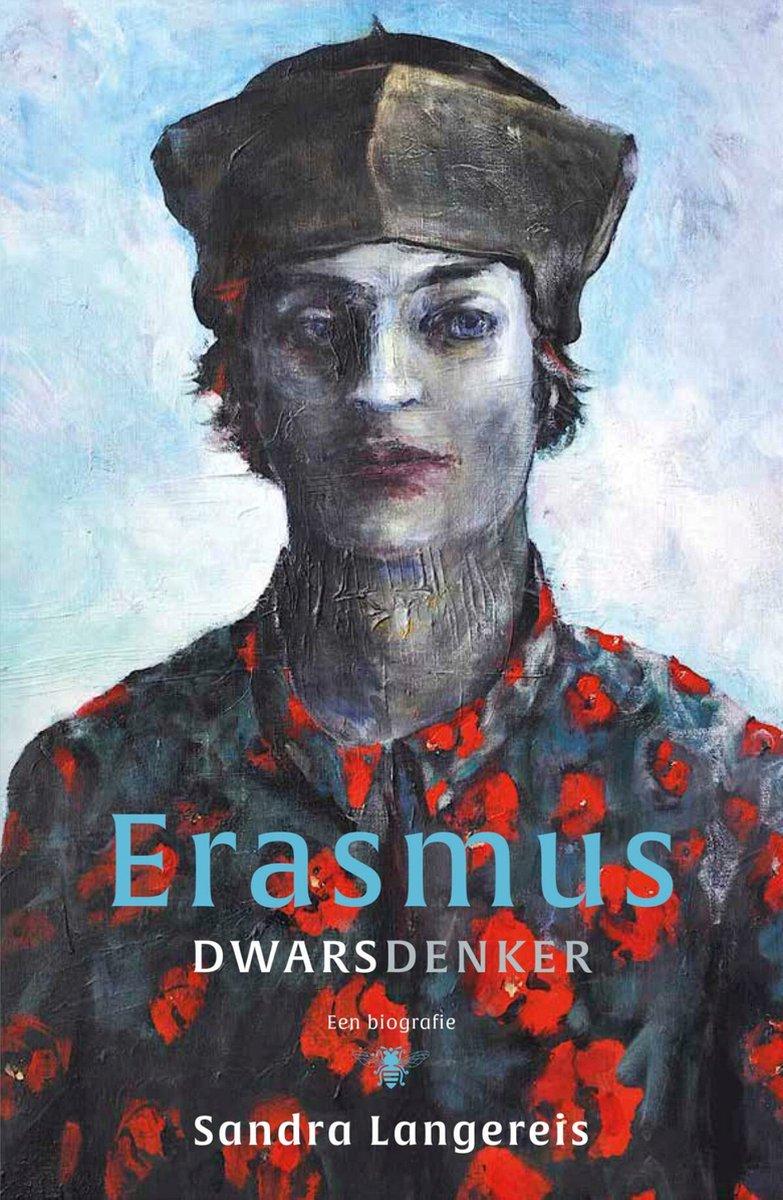Erasmus The Maverick
Erasmus (1469-1536) was a humanist, an icon of critical thought and tolerance. Nevertheless, he has always been a controversial figure. In his study of the Bible, he assumed that the scriptures were man-made. Through philological research, he showed how the ‘Holy Writ’ had developed over the course of centuries. That enraged both conservative clergymen and Martin Luther. Langereis presents Erasmus as a modern thinker, who sought to make those who read the Bible more rational and intelligent.

In this monumental biography, Sandra Langereis – historian and specialist in the 16th-century world of letters – makes use of a wealth of archival material. Erasmus’ published correspondence alone consists of more than 3,000 letters. She paints a detailed portrait of Erasmus, which clearly shows his merits and those aspects of his personality that were less admirable. But if Erasmus had only been ambitious and arrogant, then people would not have written about him for over five centuries.
Erasmus was building on a humanist tradition in which the recovery of classical antiquity’s literary and philosophical legacy was central. But because the printing press made a definitive breakthrough, he became the first best-selling author and could reach an enormous audience.
Through Erasmus’ work, the educated middle classes learned to write and speak a supple and natural Latin. With In Praise of Folly, he initiated the attack on the money-grubbing and belligerent popes as well as other abuses within the church. His most important achievement, however, was that he demonstrated that the Latin Bible was the result of centuries of sloppy translation and copying.
Although Erasmus is still seen as a critical thinker and an advocate for tolerance, we can only understand him within his day and age. This is why Langereis closely examines the contemporary historical, cultural and religious developments.
She delves into medieval theology, the Bible’s evolution over a thousand years, the practice of copying manuscripts in monasteries, the rise of universities and the printing press, the rise of the book market, the rediscovery of classics and the development of vernaculars, the reform movement within the church, financial flows and the dangers travellers had to face.
All of this is written in a narrative, accessible style, without pomposity or endless citations. Langereis’ biography of Erasmus is not only the new, definitive biography of one of Europe’s greatest intellectuals, it is also an attractive, informative cultural history beyond compare.
There were biographies about Erasmus already, but those were more like sketches. Not one is as detailed and well-written as Erasmus The Maverick.
Vrij Nederland
In her monumental biography, Sandra Langereis paints not only a clear picture of Erasmus’ achievements and ill manners, but also offers an imposing cultural history of Europe during the Renaissance.
Historisch Nieuwsblad
